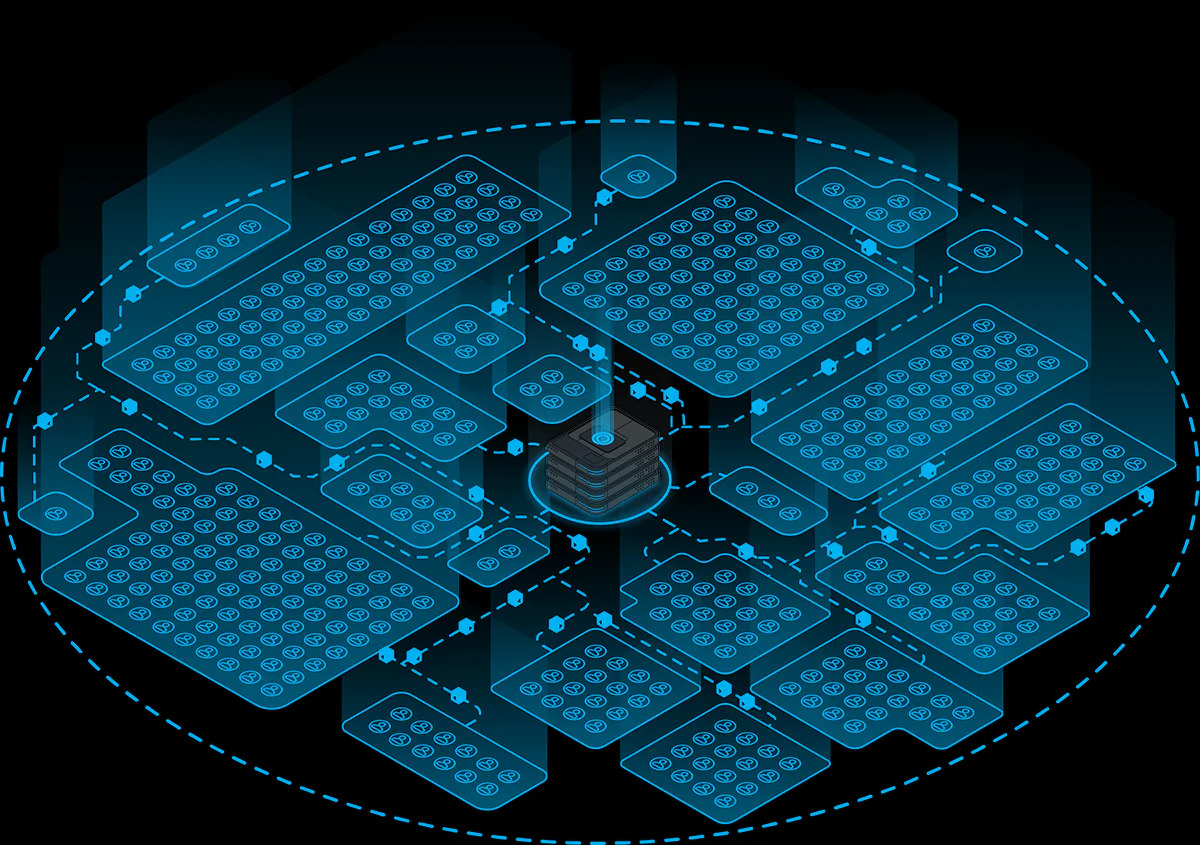Central Server: Definition, Benefits, and Applications
A central server is a crucial component in many IT infrastructures, serving as the primary hub for managing and distributing data, applications, and resources across a network. In this article, we’ll explore the concept of a central server, its key benefits, and its widespread applications in modern technology.
What is a Central Server?
A central server is a dedicated computer or system within a network that acts as a centralized point of control. It stores data, runs applications, and manages communications between connected devices or clients. This server ensures that all devices in the network have synchronized access to shared resources, creating a streamlined and efficient environment.
It is often used in client-server architectures, where client devices rely on the central server to perform specific tasks, such as data retrieval, file sharing, or running software applications.
Benefits of a Central Server
Implementing a central server in a network offers several advantages:
- Efficient Resource Management – It optimizes resource allocation by hosting shared applications and files in one location. This eliminates redundancy and ensures that resources are used effectively.
- Enhanced Security – By centralizing data, organizations can implement robust security protocols, such as firewalls, encryption, and user authentication, to protect sensitive information. Regular backups can also be automated to prevent data loss.
- Simplified Maintenance – With all critical resources managed from a single point, IT administrators can perform updates, troubleshoot issues, and manage software installations more efficiently. This reduces downtime and operational costs.
- Scalability – Central servers can be easily upgraded to accommodate growing business needs. Adding more storage, processing power, or memory ensures the network remains efficient as demands increase.
- Improved Collaboration – Centralized access to data and applications fosters collaboration among team members, enabling them to work on shared projects and access real-time updates from anywhere.

Applications of Central Servers
It is indispensable in various industries and use cases:
- Enterprise Environments – Businesses rely on central servers to host databases, email systems, and intranet portals. These servers streamline operations and ensure seamless communication across departments.
- Web Hosting – It is the backbone of web hosting services, powering websites, managing traffic, and ensuring uptime.
- Cloud Computing – In cloud computing, it stores and processes data that can be accessed remotely. This model is pivotal for services like Software as a Service (SaaS) and Infrastructure as a Service (IaaS).
- Educational Institutions – Schools and universities use central servers to manage student information systems, e-learning platforms, and library resources.
- Healthcare Systems – Central servers enable secure storage and sharing of patient records, enhancing the efficiency of healthcare providers and ensuring compliance with data protection regulations.
Conclusion
A central server is an integral element in modern networked environments, providing a centralized platform for data management, resource allocation, and enhanced security. Its versatility and scalability make it a preferred choice for businesses, educational institutions, and other organizations. By investing in a reliable central server infrastructure, you can streamline operations, boost productivity, and stay ahead in a technology-driven world.